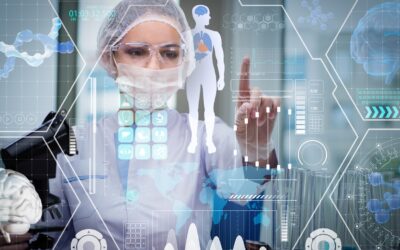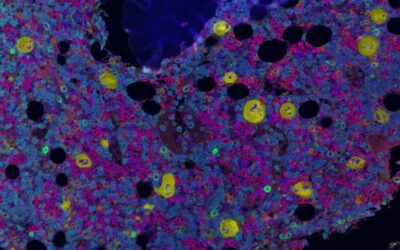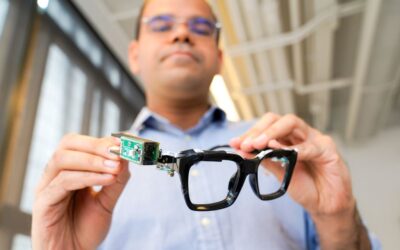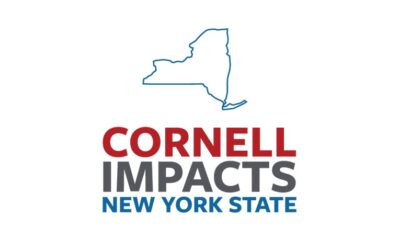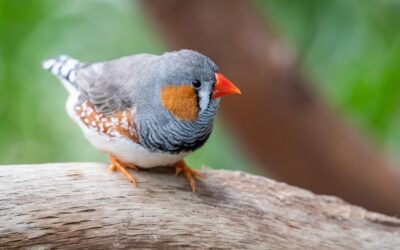Researchers have demonstrated the use of artificial-intelligence-selected natural images and AI-generated synthetic images as neuroscientific tools for probing the visual processing areas of the brain.
Cornell AI News
News Category
Filter by Topic
The OpenAI meltdown will only accelerate the artificial intelligence race
Optimists and ‘doomers’ are fighting over the direction of AI research – and those who want speed may have won this round, Sarah Kreps, the John L. Wetherill Professor of government in the College of Arts and Sciences and the Director of Tech Policy Institute in the Cornell Brooks School of Public Policy, writes in an op-ed in The Guardian.
Big-data study explores social factors affecting child health
A Weill Cornell Medicine-led research team used an AI-based approach to uncover patterns among conditions in which people are born, grow, work and age, called social determinants of health, and then linked each pattern to children’s health outcomes.
Researchers chart the contents of human bone marrow
A team at Weill Cornell Medicine has mapped the location and spatial features of blood-forming cells within human bone marrow, confirming hypotheses about the anatomy of this tissue and providing a powerful new means to study diseases that affect bone marrow.
Glasses use sonar, AI to interpret upper body poses in 3D
Throughout history, sonar’s distinctive “ping” has been used to map oceans, spot enemy submarines and find sunken ships. Today, a variation of that technology – in miniature form, developed by Cornell researchers – is proving a game-changer in wearable body-sensing technology.
Processor made for AI speeds up genome assembly
A hardware accelerator initially developed for artificial intelligence operations successfully speeds up the alignment of protein and DNA molecules, making the process up to 10 times faster than state-of-the-art methods.
$4.2M grant funds Cornell AES work to better lives in NYS
Cornell AES administers annual federal funding that supports research to improve lives and livelihoods in New York state.
When needs compete, love trumps thirst
Researchers tracked the brain’s dopamine reward system and found – for the first time – this system flexibly retunes toward the most important goal when faced with multiple competing needs.

